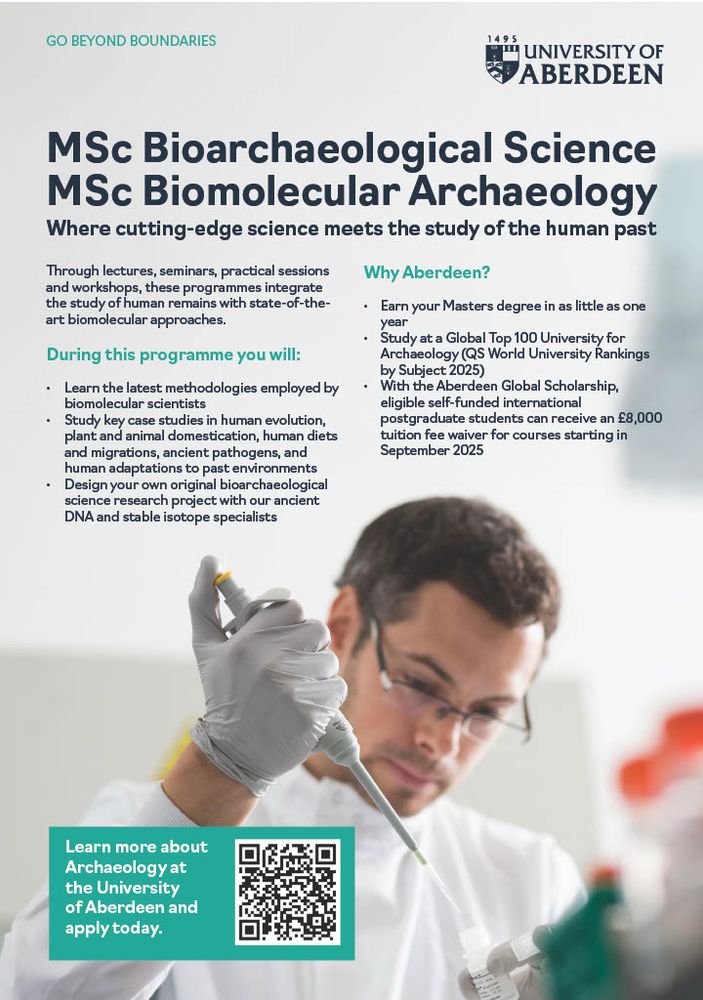
Here are 3 of the 8 that we were involved with. Congrats to @lachiescarsbrook.bsky.social & @undeaddandy.bsky.social
Dingoes!
www.pnas.org/doi/10.1073/...
German Shepherds!
www.pnas.org/doi/10.1073/...
Imputation!
www.pnas.org/doi/10.1073/...

Here are 3 of the 8 that we were involved with. Congrats to @lachiescarsbrook.bsky.social & @undeaddandy.bsky.social
Dingoes!
www.pnas.org/doi/10.1073/...
German Shepherds!
www.pnas.org/doi/10.1073/...
Imputation!
www.pnas.org/doi/10.1073/...
www.crick.ac.uk/news/2025-11...

www.crick.ac.uk/news/2025-11...
Unless you find them on a small island where no wolves would survive on their own, eating things wolves normally don’t eat.
Such as here:
www.pnas.org/doi/10.1073/...

Unless you find them on a small island where no wolves would survive on their own, eating things wolves normally don’t eat.
Such as here:
www.pnas.org/doi/10.1073/...
“Don’t worry, he’s pescatarian.”
Our latest in @pnas.org uncovers a surprise three to five thousand years ago: 2 canids in human contexts on a tiny island in the middle of the Baltic Sea, that ate marine food—but had 100% gray wolf ancestry.
Where they tame wolves, or even an incipient domestication?

“Don’t worry, he’s pescatarian.”
Our latest in @pnas.org uncovers a surprise three to five thousand years ago: 2 canids in human contexts on a tiny island in the middle of the Baltic Sea, that ate marine food—but had 100% gray wolf ancestry.
Where they tame wolves, or even an incipient domestication?

Our latest in @pnas.org uncovers a surprise three to five thousand years ago: 2 canids in human contexts on a tiny island in the middle of the Baltic Sea, that ate marine food—but had 100% gray wolf ancestry.
Where they tame wolves, or even an incipient domestication?
www.aftonbladet.se/debatt/a/kw2...

www.aftonbladet.se/debatt/a/kw2...
This Science study investigated ancient dog genomes, revealing a complicated genetic legacy that reflects a long, shared history with humans.
Learn more on #InternationalDogDay: https://scim.ag/41mQvR6

This Science study investigated ancient dog genomes, revealing a complicated genetic legacy that reflects a long, shared history with humans.
Learn more on #InternationalDogDay: https://scim.ag/41mQvR6
go.nature.com/45asSNK
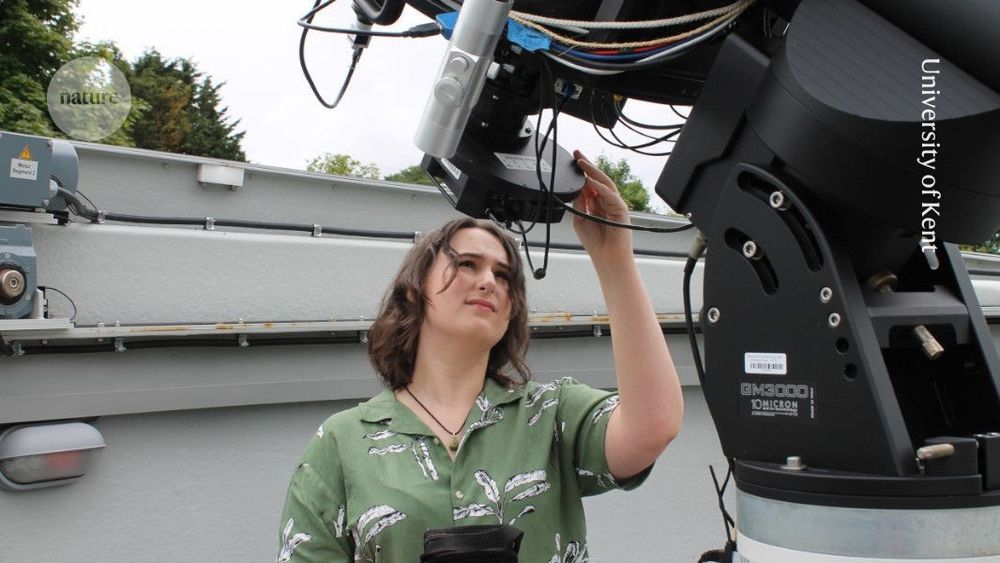
go.nature.com/45asSNK
Are you interested in Cave Bears? If so then this might be the article for you!
This is the first study of the diet of a cave bear population from Serbia using stable isotope analysis. See thread below for our findings!
⬇️
www.tandfonline.com/doi/full/10....
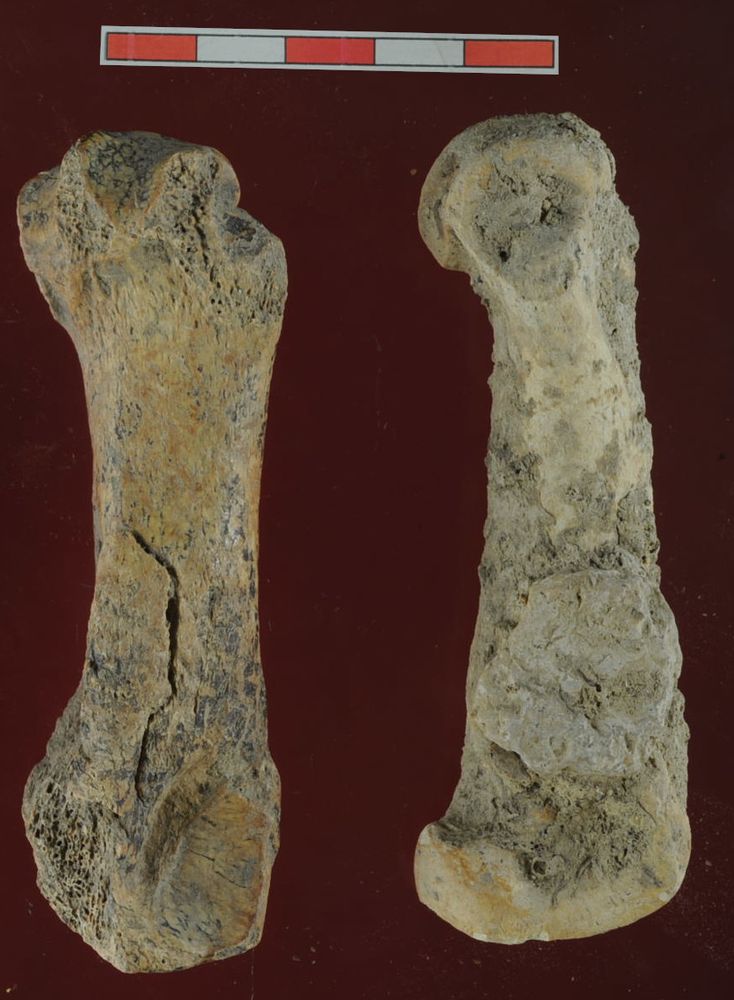
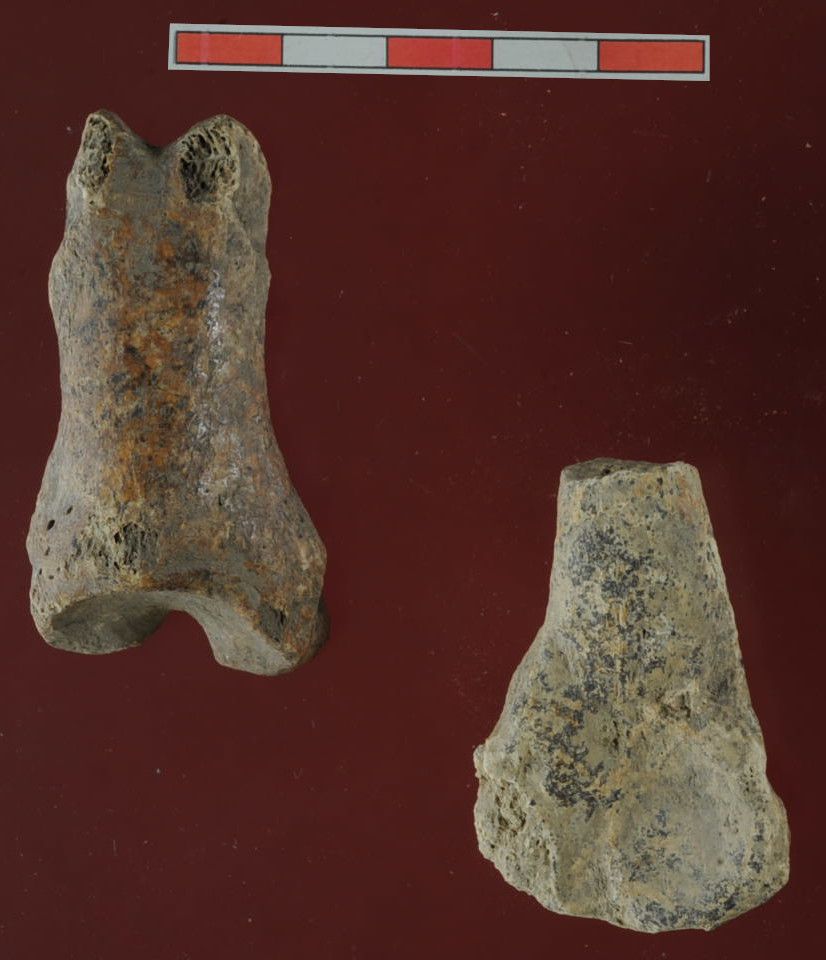
www.spectator.co.uk/article/was-...
www.spectator.co.uk/article/was-...
www.jobs.ac.uk/job/DNU880/r...

www.jobs.ac.uk/job/DNU880/r...
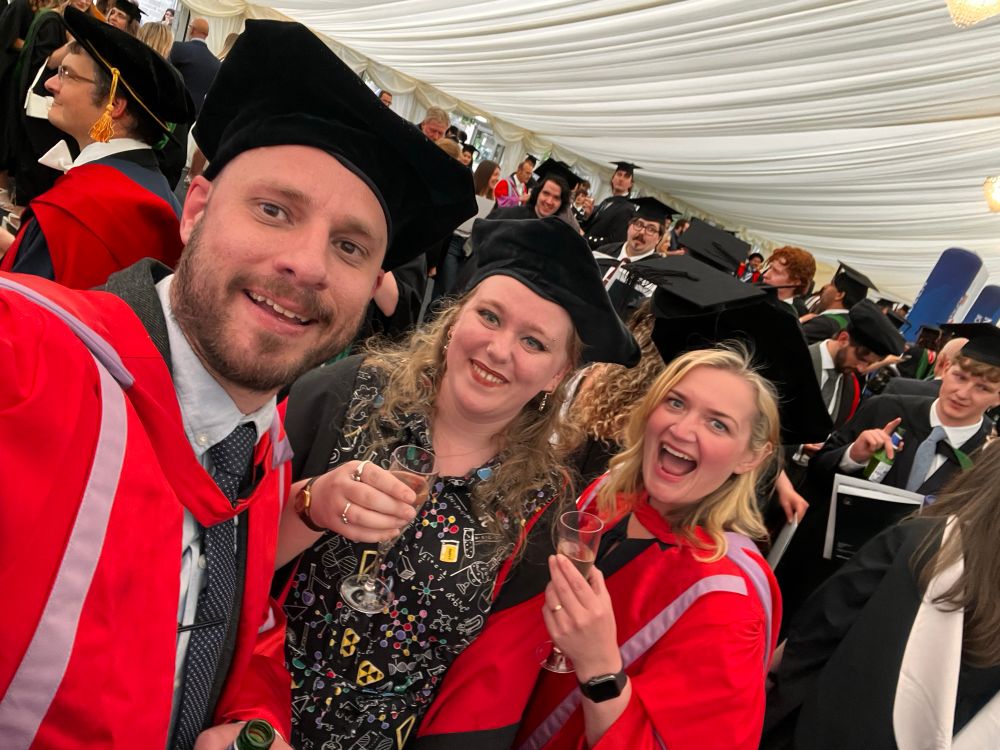
www.ljmu.ac.uk/about-us/new...
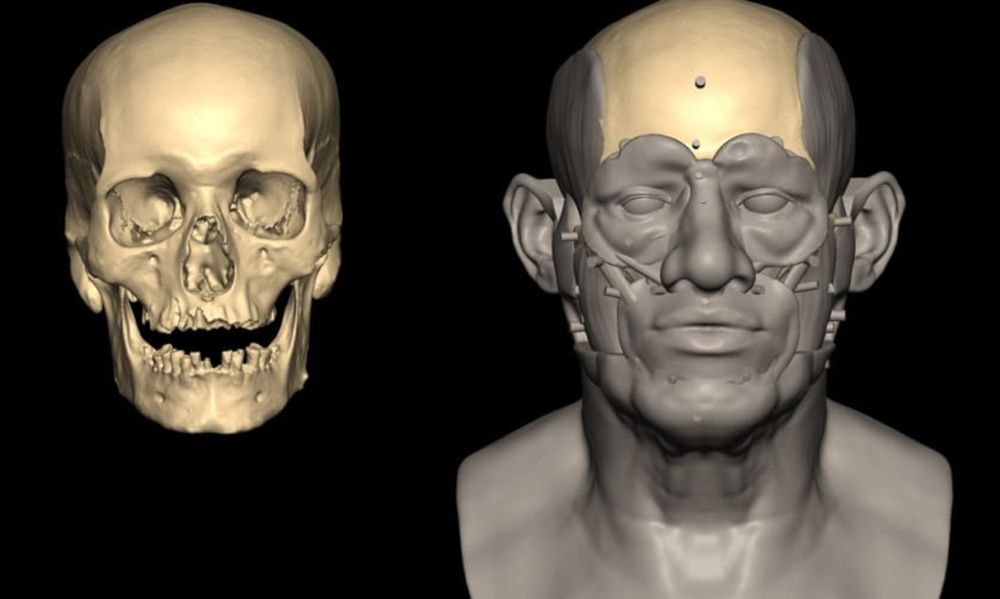
www.ljmu.ac.uk/about-us/new...
https://go.nature.com/44bHYCh

https://go.nature.com/44bHYCh
www.crick.ac.uk/news/2025-07...
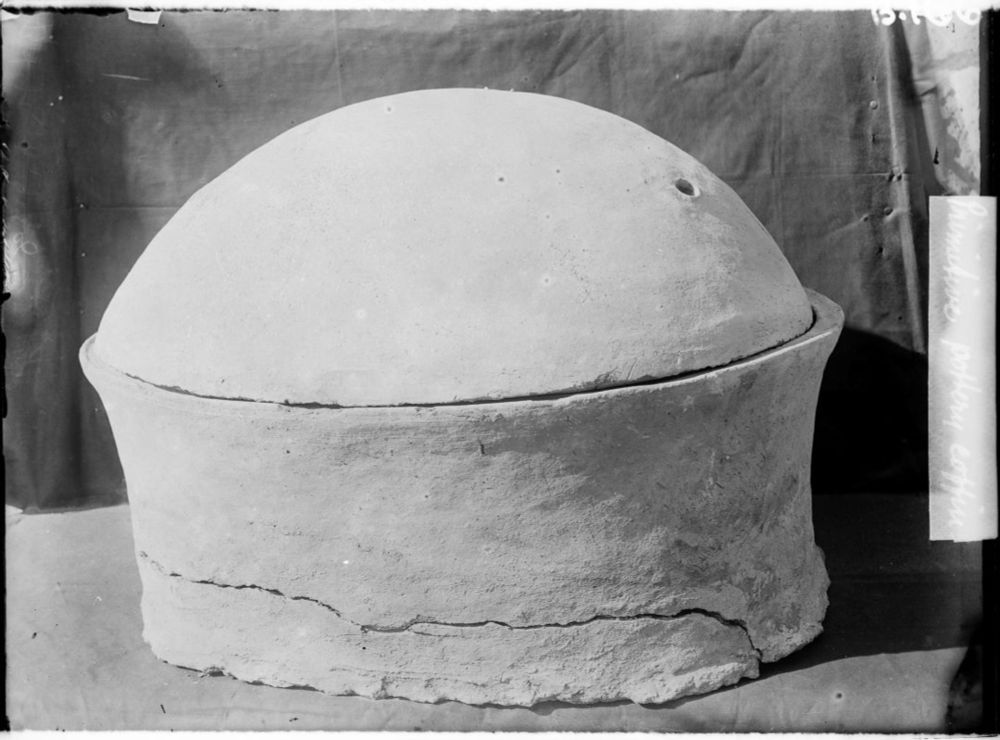
www.crick.ac.uk/news/2025-07...
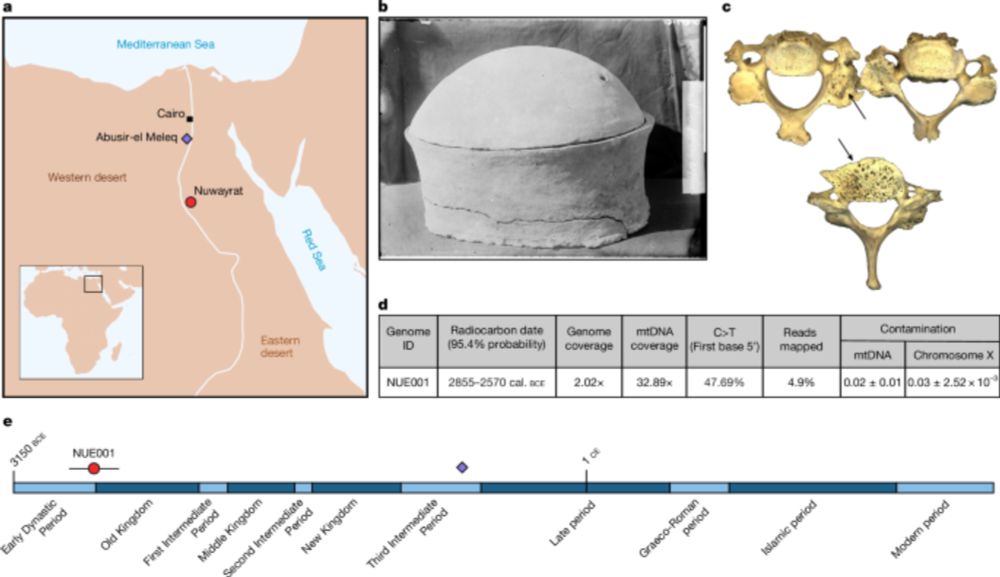
It is expressed in the extraordinary historical and archaeological record, but what about ancestry links to other ancient individuals?
Today we report the successful sequencing of the whole genome of an individual who lived in Egypt about ~4700 years ago.

It is expressed in the extraordinary historical and archaeological record, but what about ancestry links to other ancient individuals?
Today we report the successful sequencing of the whole genome of an individual who lived in Egypt about ~4700 years ago.
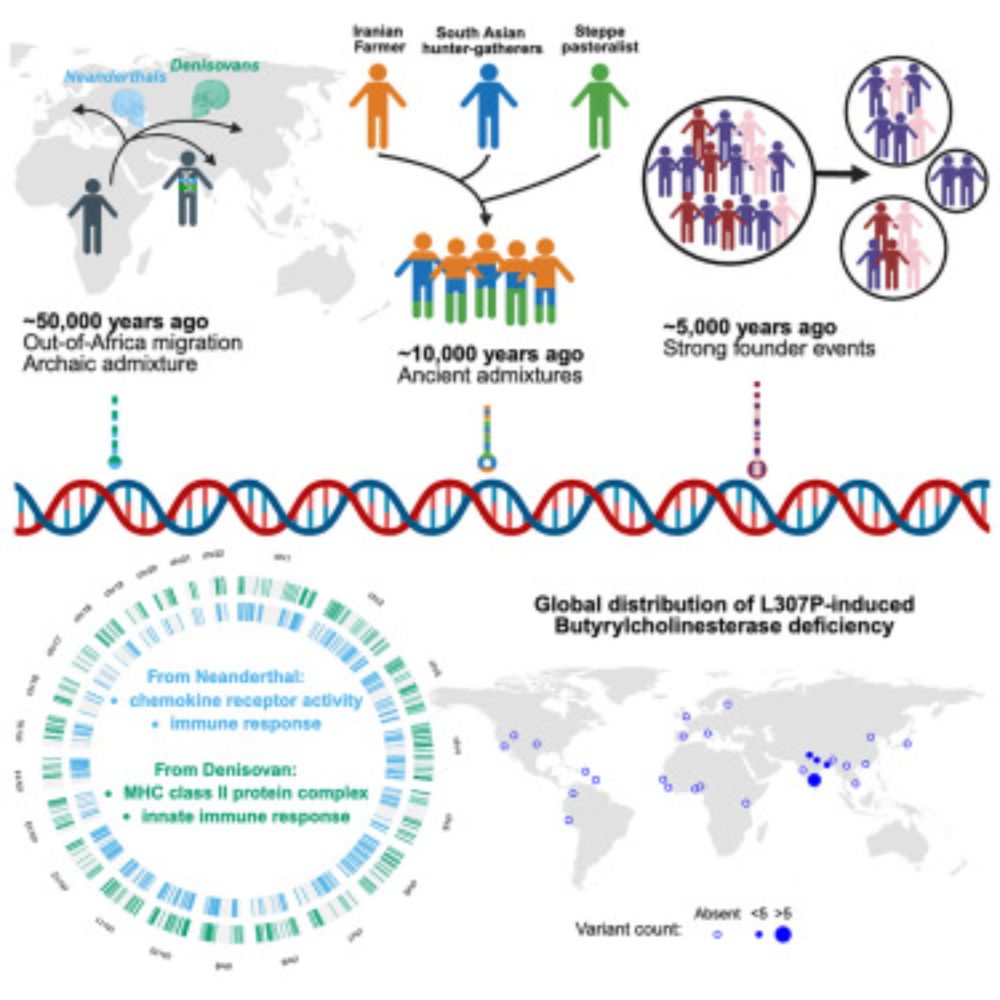
#ChineseAcademyofSciences Qiaomei Fu
@cp-cell.bsky.social
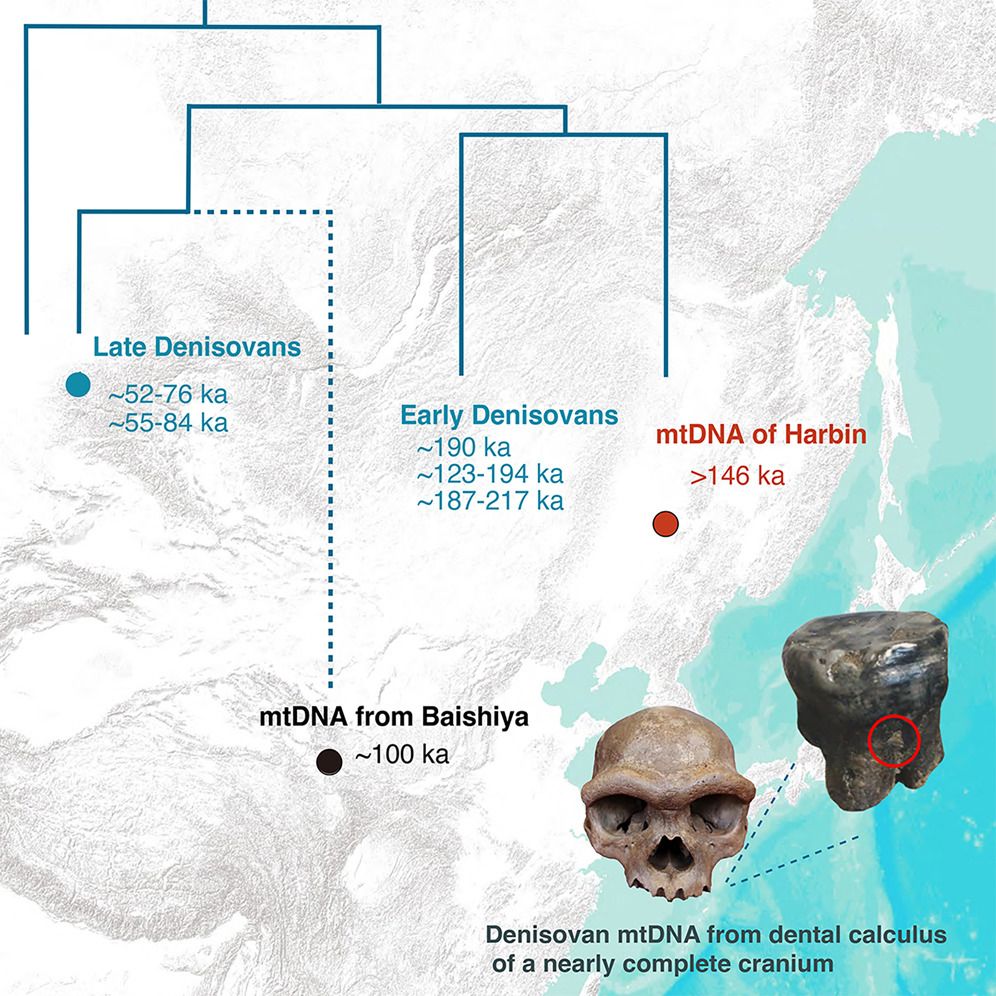
#ChineseAcademyofSciences Qiaomei Fu
@cp-cell.bsky.social

vacancies.uea.ac.uk/vacancies/15...

vacancies.uea.ac.uk/vacancies/15...
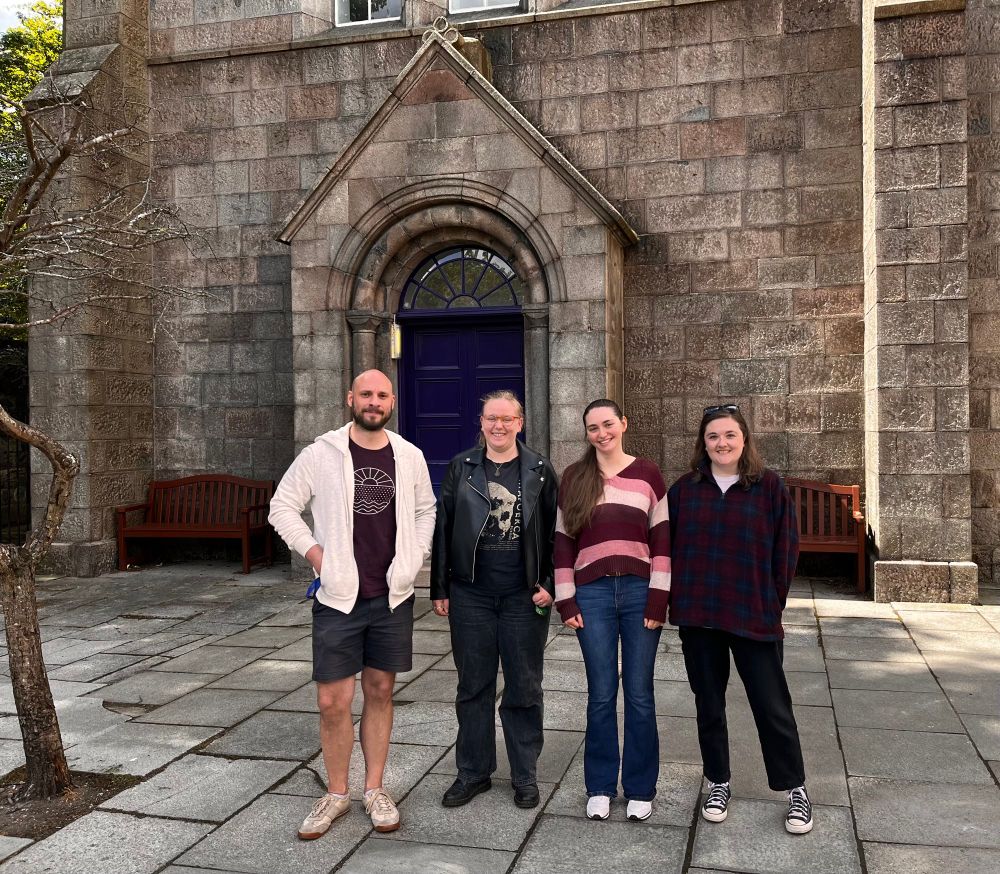
Watch this space for blog posts, events, and commentary on the co-option and misuse of heritage in the near future.
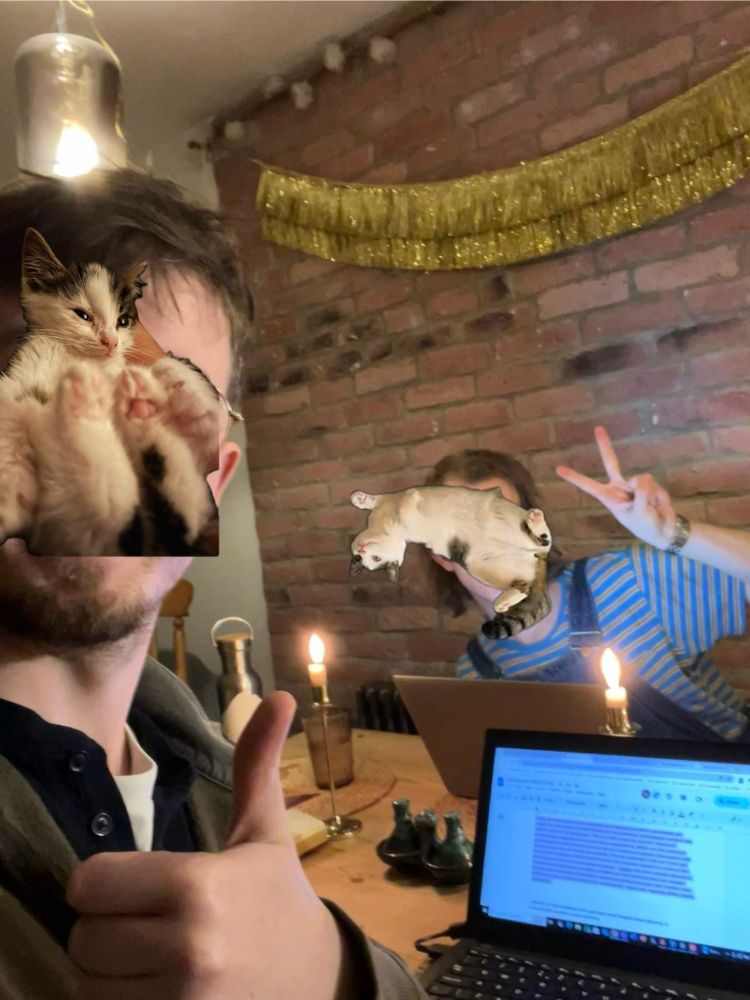
Watch this space for blog posts, events, and commentary on the co-option and misuse of heritage in the near future.

